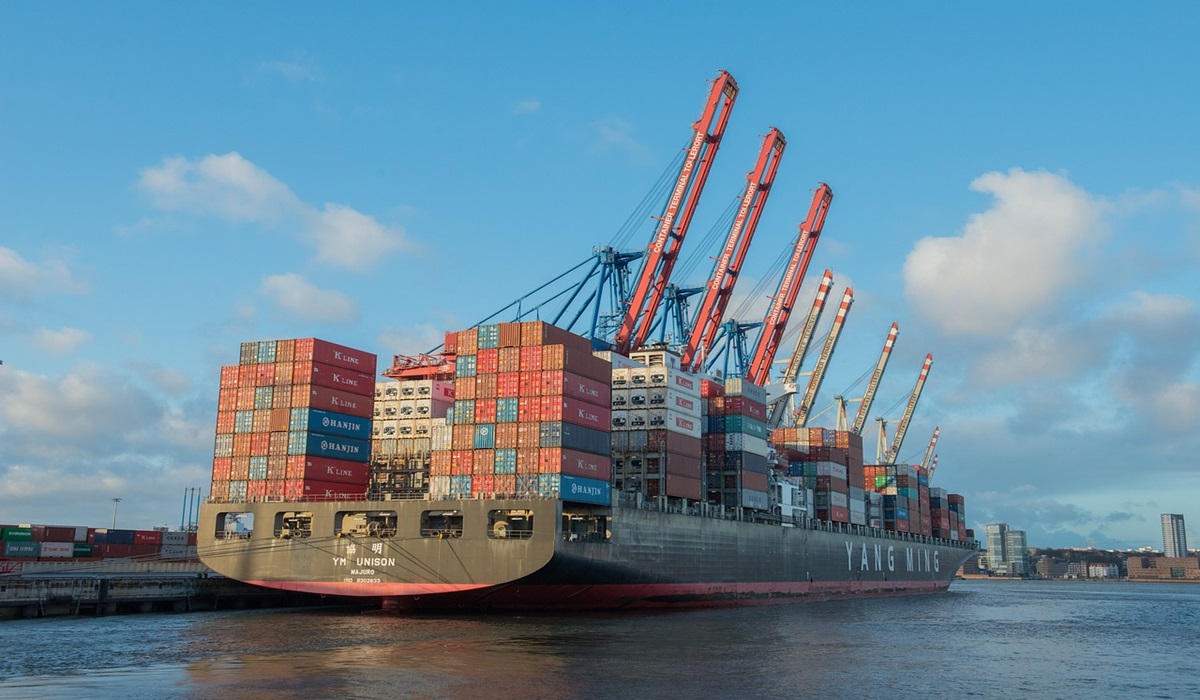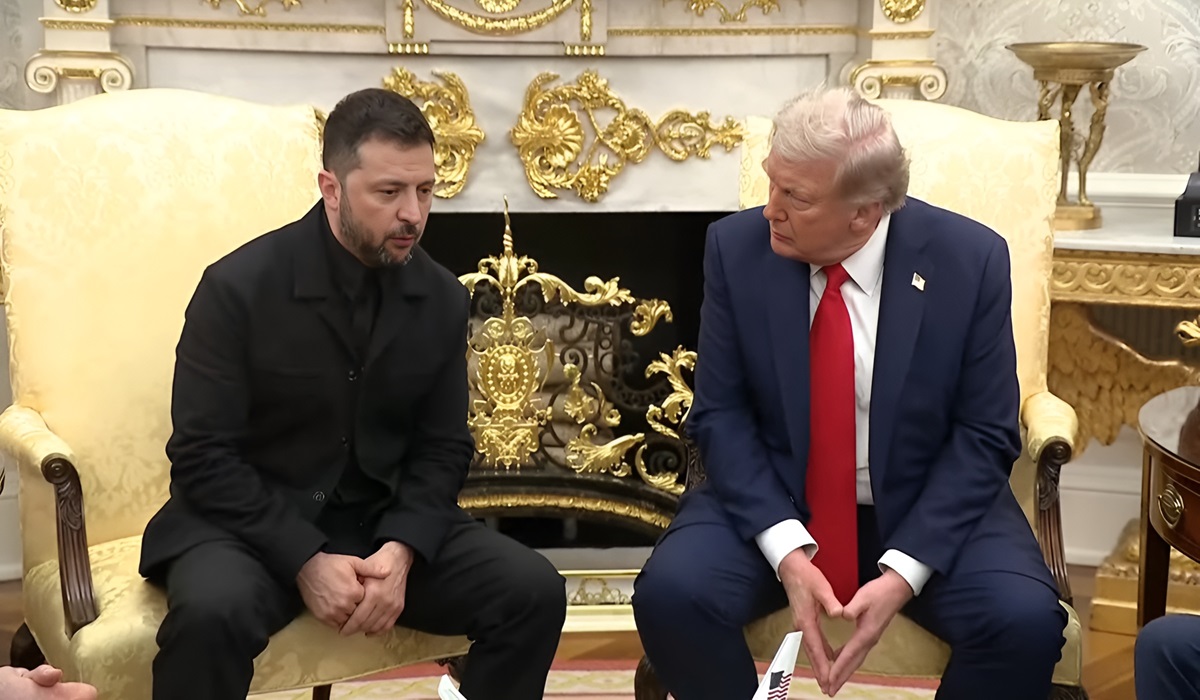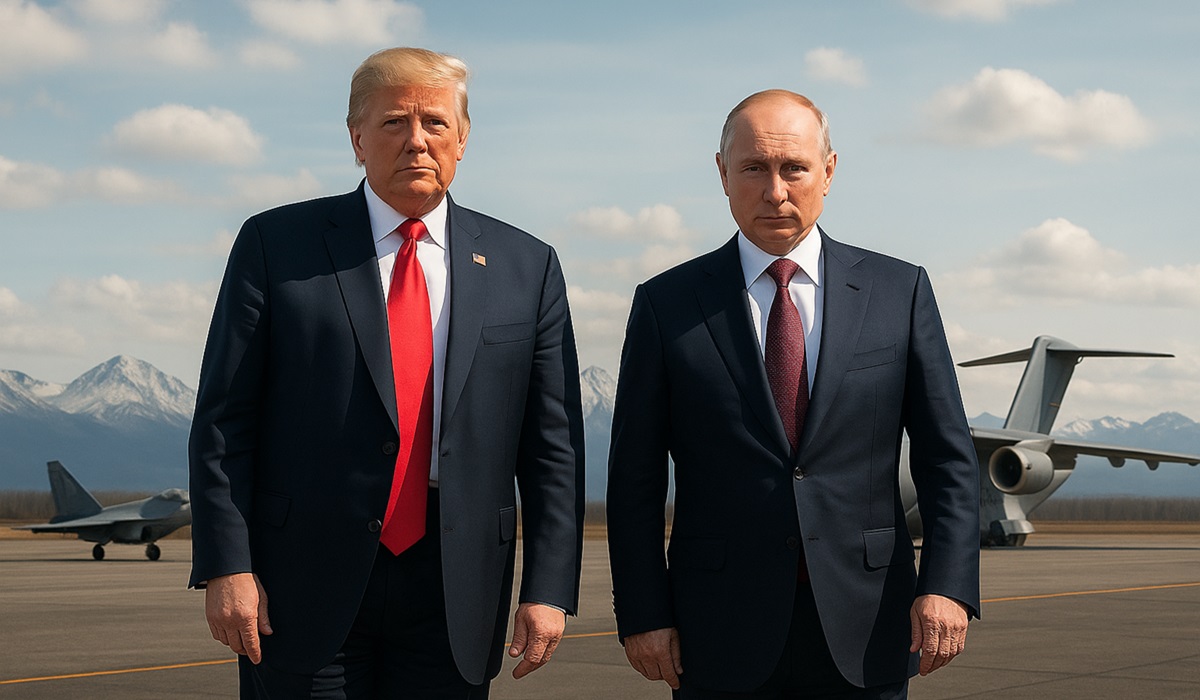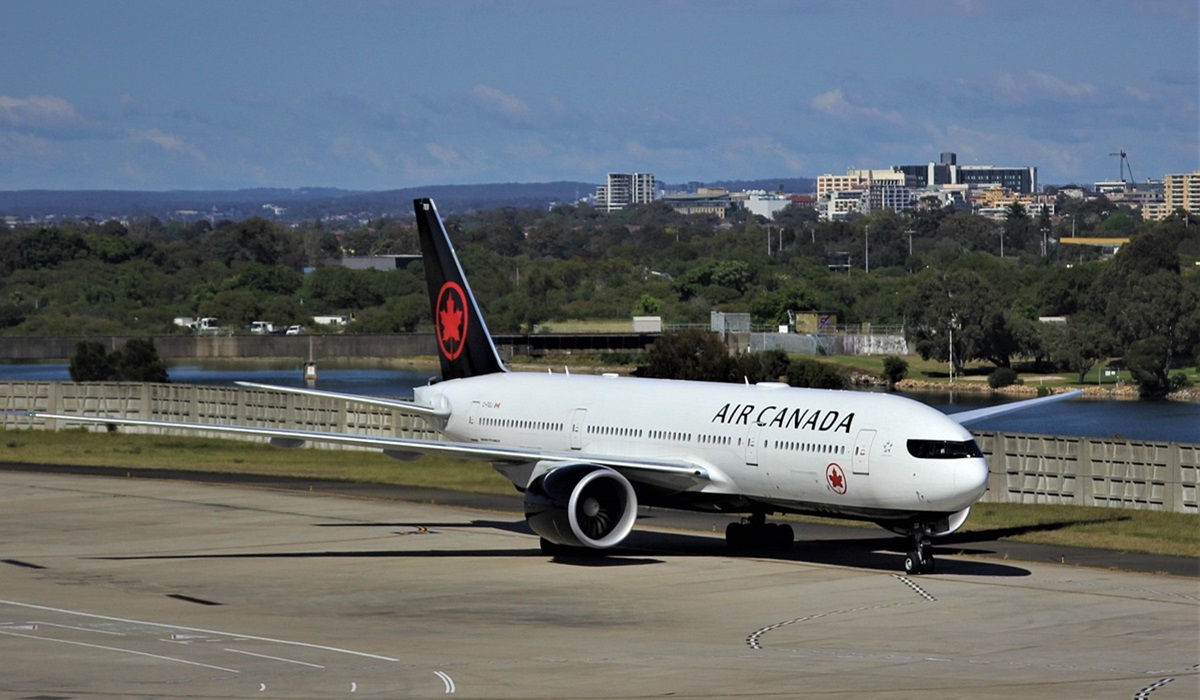Trump’s Tariff Retreat: Canada and Mexico Hit Back as U.S. Businesses Pay the Price
- Naomi Dela Cruz
- Breaking News
- March 6, 2025

Image Credit,
Donald Trump’s latest tariff flip-flop has once again sent markets into turmoil as the U.S. president announced today that he is holding off on the majority of tariffs imposed on Canada and Mexico under the revised Canada-United States-Mexico Agreement (CUSMA). While Trump claims this move affects roughly 60% of goods, economists have been left scratching their heads trying to figure out how he arrived at that number.
Despite Trump’s reversal, Ontario Premier Doug Ford is proceeding with his own retaliatory measures, imposing a 25% tariff on all electricity exports to the U.S., effective Monday. Meanwhile, Canada’s existing tariffs on $30 billion worth of U.S. goods remain firmly in place, with additional tariffs on over $100 billion worth of products set to take effect in April. The situation has rattled investors, causing wild swings in the stock market as uncertainty looms over North American trade relations.
Trump’s erratic tariff policies have particularly infuriated Republican lawmakers from red states that were hardest hit by the trade war. Sources indicate that his administration received heated backlash from senators and representatives whose districts rely heavily on industries suffering under the tariffs, particularly agriculture and manufacturing. Facing mounting pressure from his own party, Trump’s decision to roll back many of the measures is being viewed as a humiliating retreat—one that underscores the limits of his economic brinkmanship.
The tariffs have already dealt a serious blow to American businesses, especially in agriculture, where Canada and Mexico, like China before them, have moved swiftly to source products from other markets. China, having spent the past eight years preparing for the possibility of Trump’s return to office, wasted no time in imposing its own tariffs on American goods. With the benefit of a diversified supply chain, Beijing has minimized its dependence on U.S. exports, shifting agricultural imports like corn, soybeans, and beef to suppliers within BRICS nations.
In Canada, the impact is becoming clear in sectors beyond agriculture. American alcohol, once a staple on liquor store shelves, is now noticeably absent as Canadian consumers turn to domestic and international alternatives. This shift will likely deal a significant blow to U.S. alcohol producers, as Canada remains the largest importer of alcohol in the world. To further insulate itself from the effects of U.S. trade policy, the Canadian government has just signed agreements lifting interprovincial trade barriers on alcohol, allowing liquor to flow freely between provinces—a major boon to Canada’s domestic alcohol industry.
At the heart of the issue is Trump’s failure to anticipate the fierce and calculated responses of U.S. trading partners. Canada, Mexico, and China have proven that they are not willing to be bullied by unpredictable tariff policies. Each has adapted swiftly, ensuring that American businesses bear the brunt of the economic fallout.
Whatever Trump’s ultimate goal with these tariffs may be, this latest episode is yet another example of his administration’s mismanagement of international trade policy. Far from strengthening the U.S. economy, his strategy has backfired, leaving American businesses and consumers to absorb the costs. Once again, Trump has found himself in a situation where he has, as the saying goes, “f***ed around and found out.” The problem for the American people is that they are the ones left paying the price for his reckless economic decisions.








